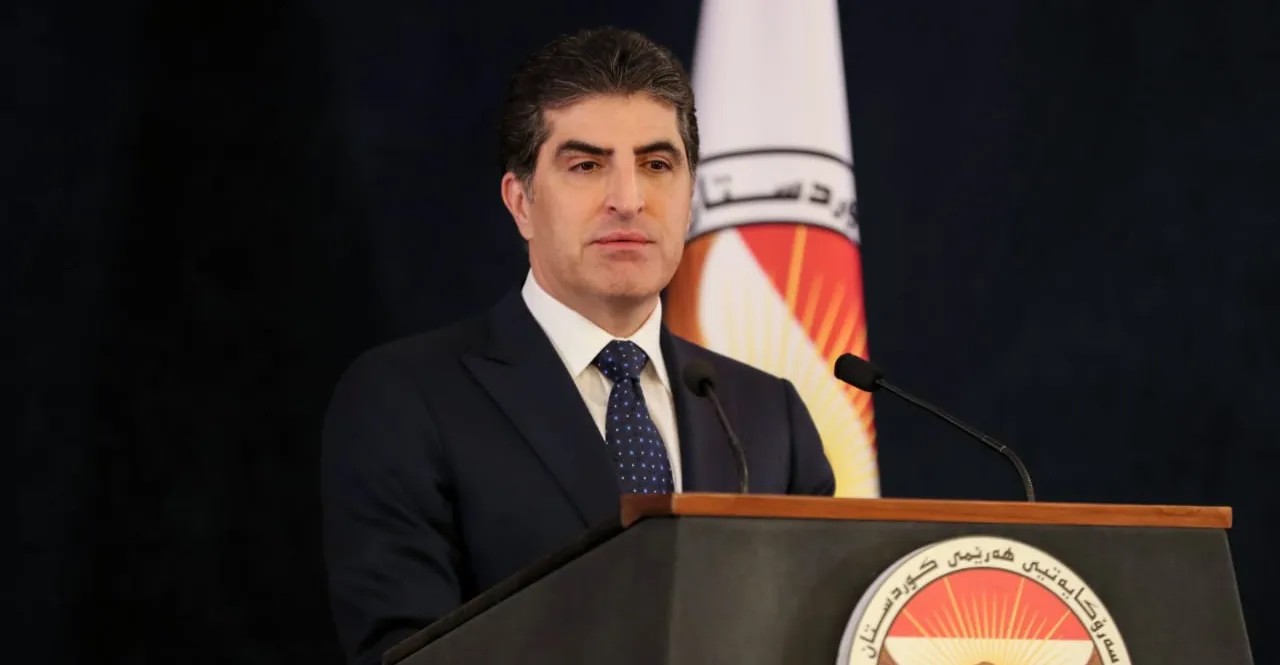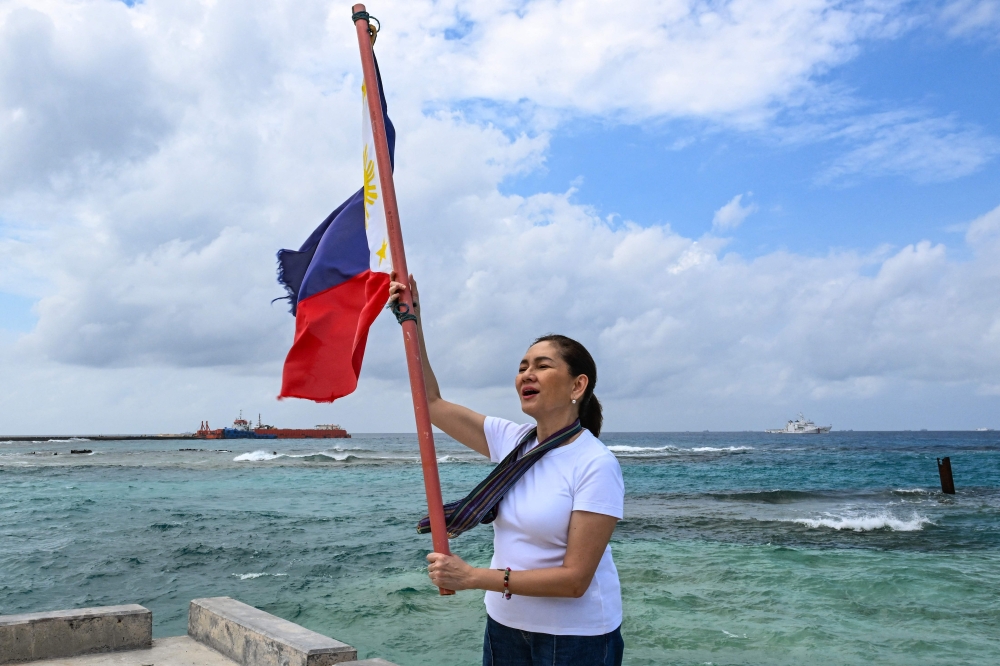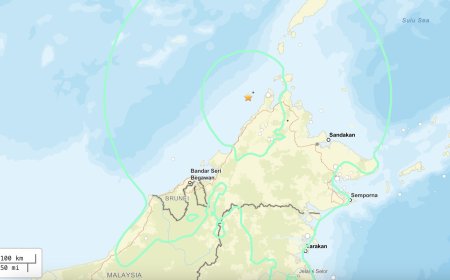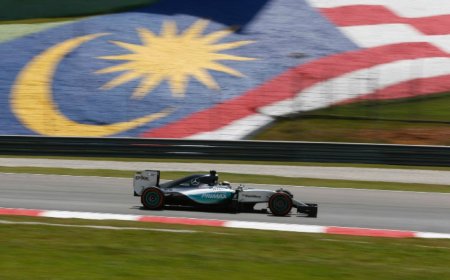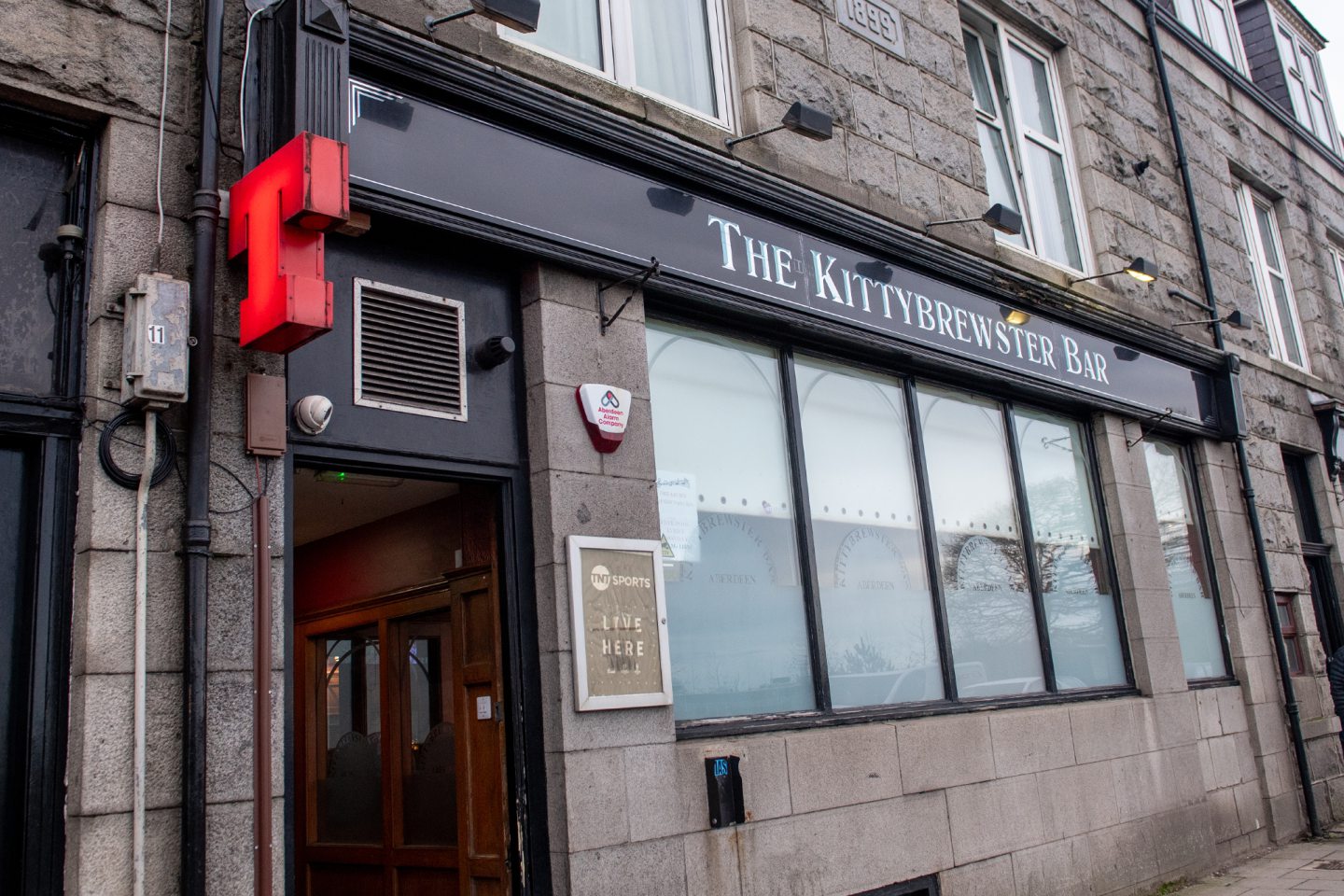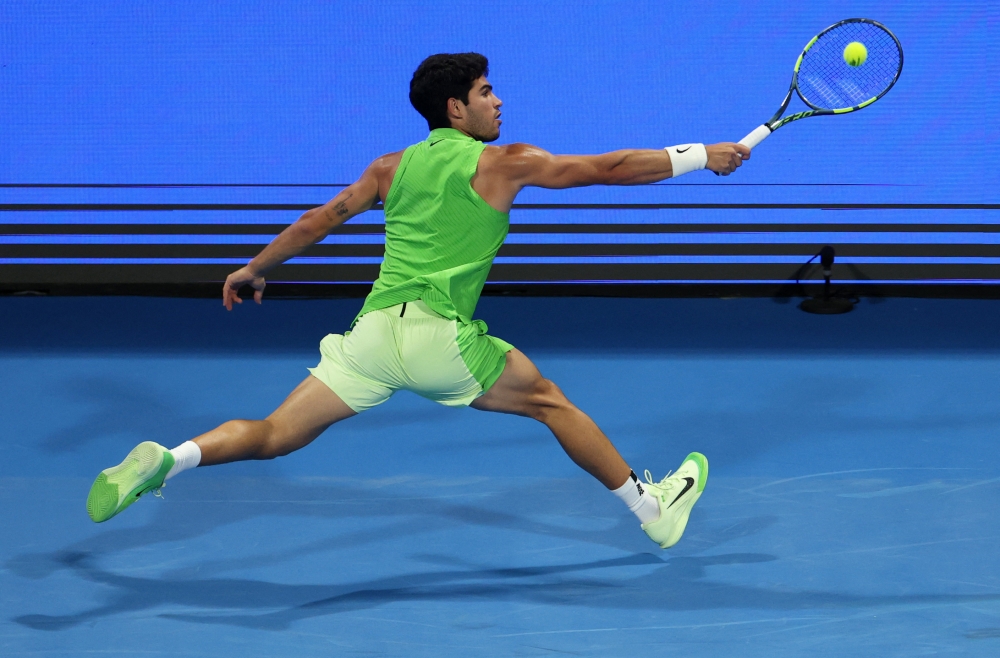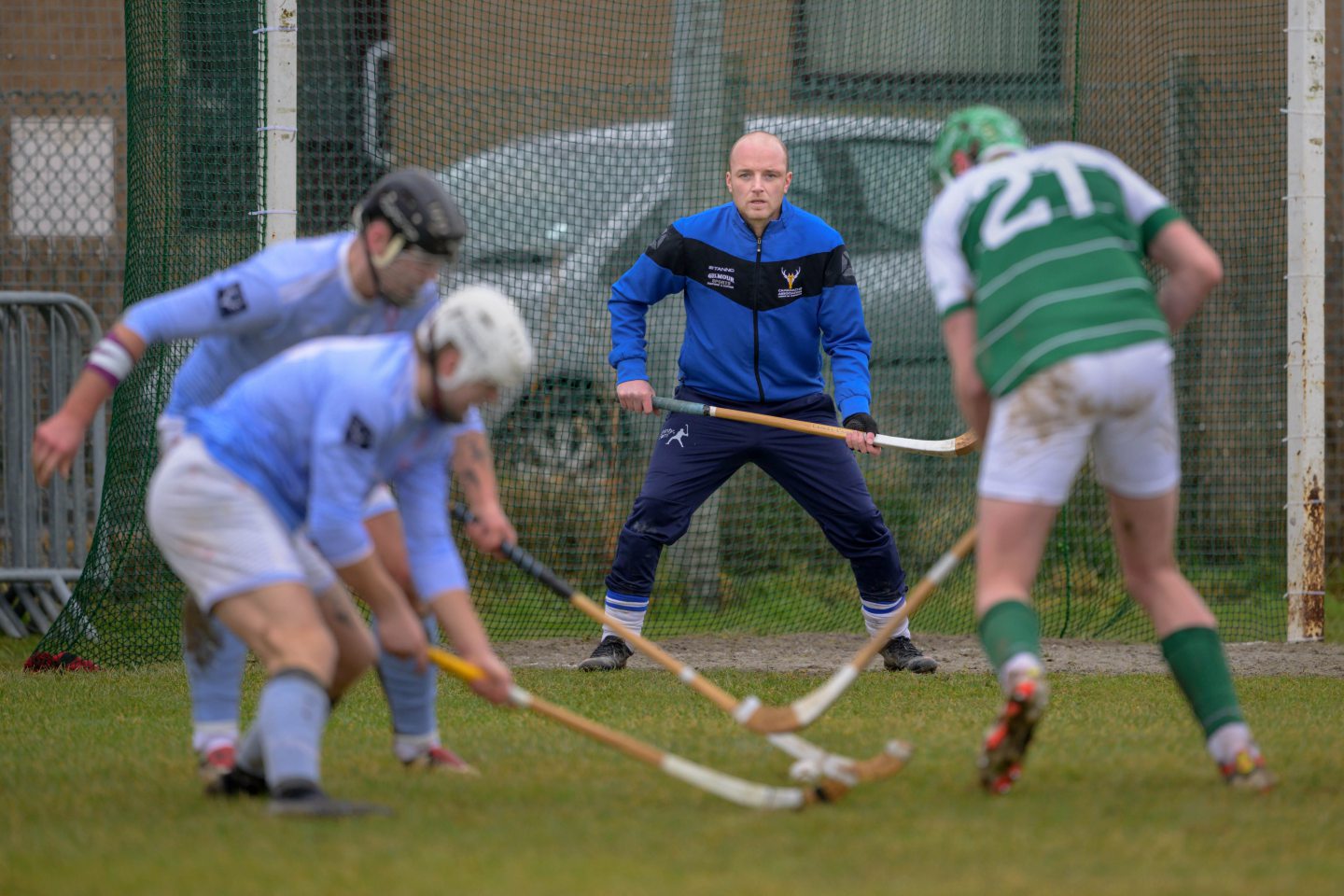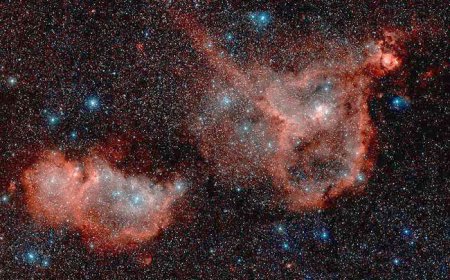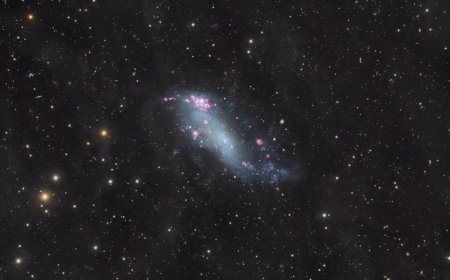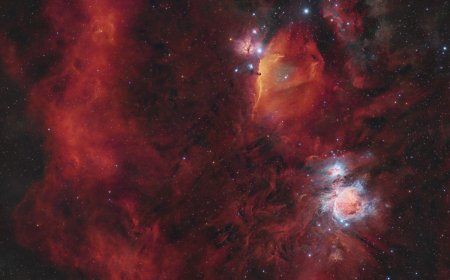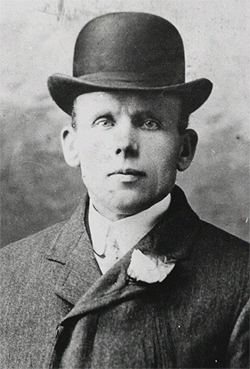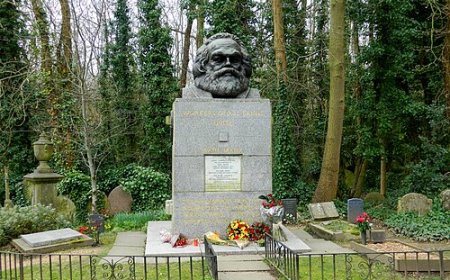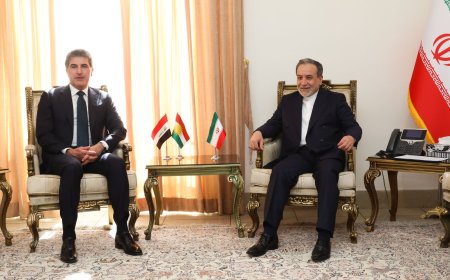Rojava leader urges inclusion in international engagement with Syria

ERBIL, Kurdistan Region - Mazloum Abdi, commander-in-chief of the Kurdish-led Syrian Democratic Forces (SDF), on Wednesday called on the international community to give northeast Syria (Rojava) equal chance in efforts to build a new Syria.
“A new Syria is being built. The international community and many countries have turned a new page in order to give the new Syria a chance, disregarding many things. They want to give it a chance to stand on its feet and develop. We want the same thing, same approach for our forces, for northeast Syria and Rojava,” Abdi said during a speech at the Middle East Peace and Security (MEPS) Forum in the Kurdistan Region’s northern Duhok province.
A coalition of rebel groups, led by the now-dissolved Jihadist group Hay’at Tahrir al-Sham (HTS), ousted Bashar al-Assad in December. HTS leader Ahmed al-Sharaa was later declared the interim president of the country. Despite his controversial past due to his affiliation with al-Qaeda, Sharaa has been warmly received by world leaders, including US President Donald Trump. International arrest warrants against him and some of his colleagues have been revoked.
Additionally, many countries are queuing to be involved in rebuilding Syria, with some regional countries like Saudi Arabia and Qatar providing significant financial aid to the transitional government. Turkey is training Syria’s security forces.
Abdi stressed that Kurds have proved in the past that they have not and will not pose a threat to any party.
SDF has been the main partner of the US-led global coalition against the Islamic State (ISIS) on the ground in Syria for more than a decade. Damascus became the 90th member of the coalition earlier this month following Sharaa’s historic meeting with Trump at the White House.
Abdi has welcomed Syria’s inclusion to the coalition and on Wednesday he hoped this move will accelerate the integration of his forces into state forces.
He also called on the regional countries like Turkey not to see the ongoing efforts to integrate his forces into the state institutions as a threat.
“We call on all relevant forces, especially our neighbours and Turkey, not to see the integration of the security, military and administrative institutions of Rojava into the Syrian state as a threat. Our integration of all our institutions into the Syrian state will be a factor of peace for our neighbors, Syrians and everyone,” he noted.
Abdi and Sharaa signed a landmark agreement in March about the future of SDF and Rojava. Despite hurdles, talks between both sides continue. Ankara, which has seen the SDF as a threat to its national security for years, endorses the agreement and has called for its implementation.
Abdi said that the March 10 agreement helped prevent further violence in Syria, adding that, for the first time, the Syrian government acknowledged in the deal that Kurdish rights must be guaranteed.
He blamed lack of trust between both sides for the slowness of the implementation of the agreement. Abdi explained that the situation of Kurds displaced from Afrin and the “siege” on two Kurdish-held neighborhoods in Aleppo are among their key concerns. He added that a “strong political will” could speed up the implementation of the agreement.
Hundreds of thousands of Kurds were displaced to other parts of Syria when Turkey and the Syrian militia groups it supported, took control of Afrin in 2018. Many are still unable to return.
“This process is slow, but it continues. We overcame some difficult dossiers, at least we reached a deal on them. During our latest meetings in Damascus, especially in military and security dossiers, we reached an agreement on the framework of integration. Details have yet to be agreed upon. We will see progress in these too in the future. Ultimately, these things should be turned into signed documents. We are working on this and we can say there is progress,” Abdi noted.
Abdi reiterated his stance that Rojava will not accept a central system in the country.
“Syria cannot return to a central government that existed during the Baathist era,” he said, warning that one of the factors behind Assad’s fall was his insistence on a central system.
[Source: Rûdaw English]
